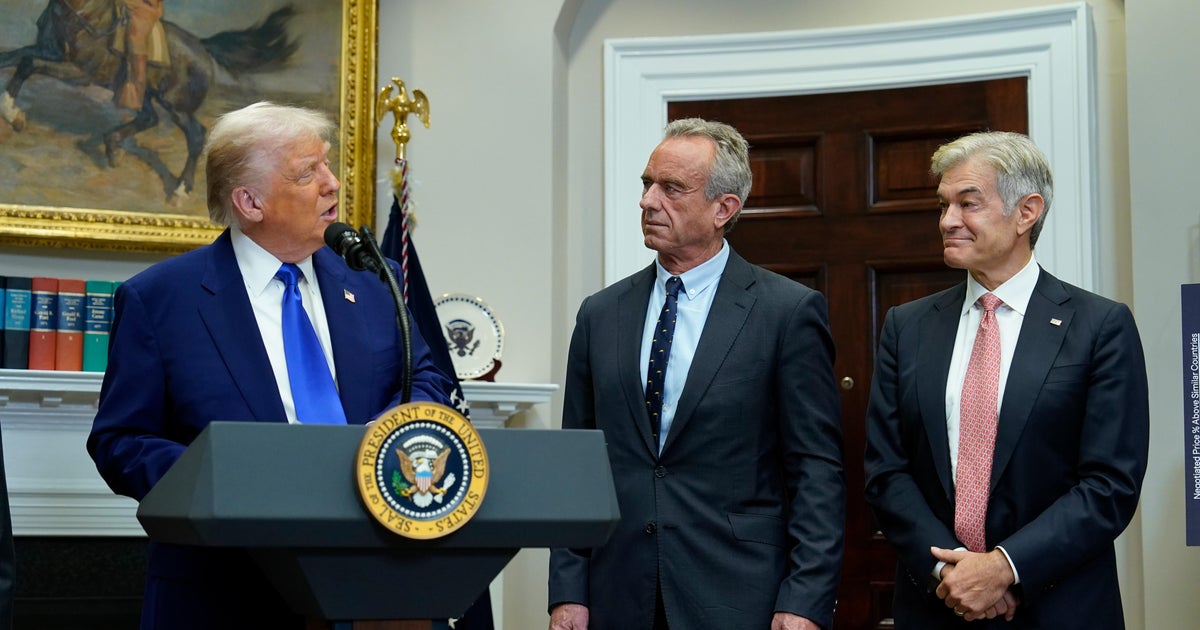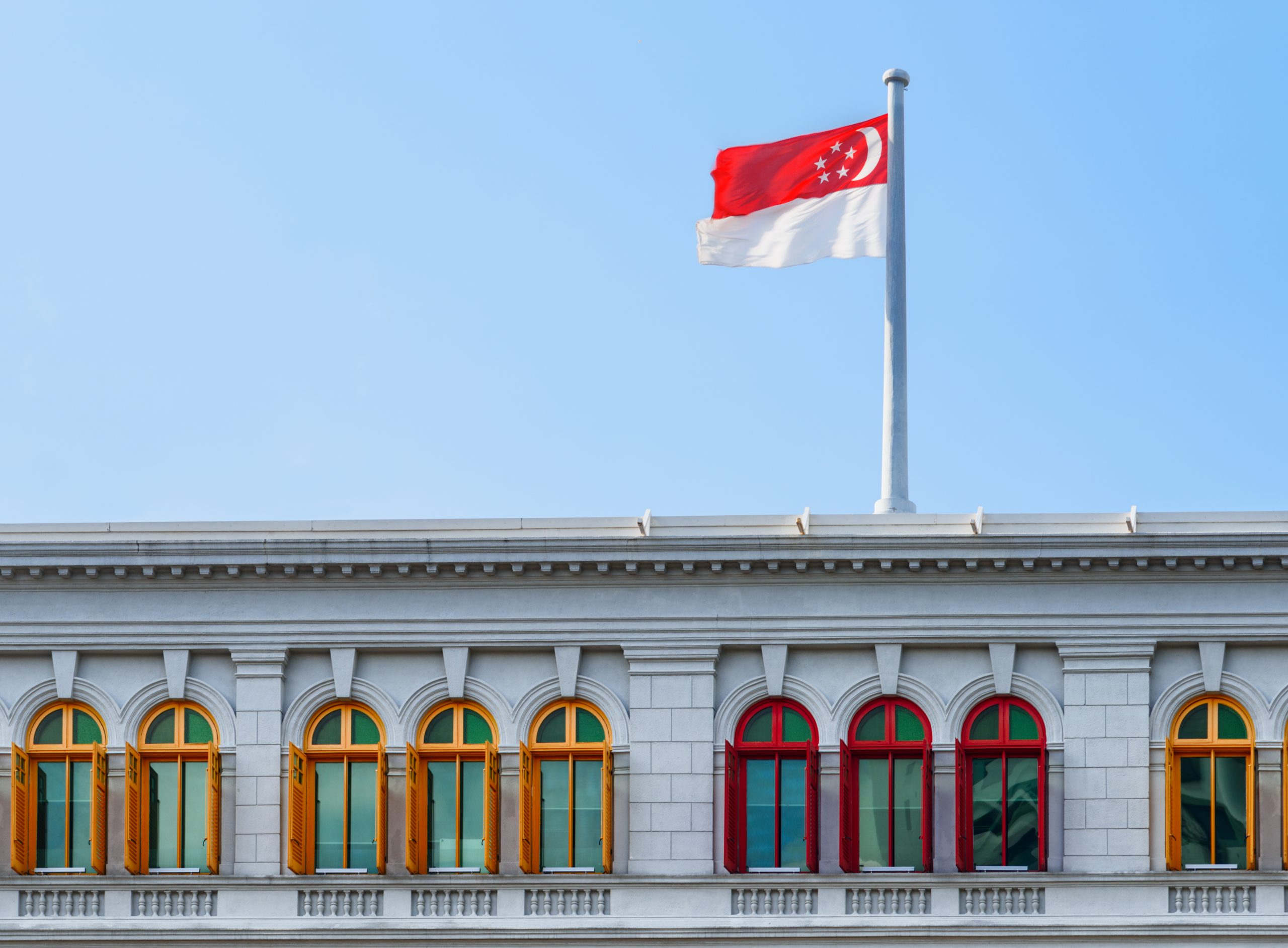A government shutdown on Wednesday would have the potential to disrupt a multitude of federal activities — but people with student loans are expected to continue making their repayments, according to the U.S. Department of Education.
People with student loans “will still be required to make payments on their outstanding student debt,” the Education Department said in a Sept. 28 contingency plan for an Oct. 1 federal shutdown.
While loans are still due for repayment, it could be hard to reach someone at the Education Department if a problem arises given that most of its employees are scheduled to be furloughed in case of a shutdown, said Persis Yu, managing counsel at Protect Borrowers, an advocacy group for people with student loans.
There would also likely be little impact on federal aid, such as loans and grants, for students who are currently enrolled in colleges and university programs because most payments are disbursed at the start of the academic year, according to a statement from the American Council on Education, a higher-education advocacy group.
Still, some borrowers and students in the applications stage could encounter hurdles during a shutdown, the group added.
“Borrowers seeking assistance from [the Education Department] may face delays, and loan forgiveness applications could be impacted if the shutdown persists,” the American Council on Education said.
The Education Department operates the Public Service Loan Forgiveness program, which is aimed at helping public workers — such as teachers and police officers — discharge their federal student loans after they’ve served in government or not-for-profit organizations for more than 10 years.
The DOE also runs income-driven repayment plans that provide forgiveness after 20 – 25 years of repayment.
About 2,100 of the Education Department’s roughly 2,400 employees are expected to be furloughed if the government shuts down on Wednesday, according to the agency’s contingency plan. Those include most of the agency’s Office of Federal Student Aid, the plan shows.
Could Pell Grants or the FAFSA be impacted?
The Education Department said it would continue to disburse student aid such as Pell Grants and Federal Direct Student loans in the event of a shutdown because those programs are funded through mandatory spending or carryover appropriations, and therefore don’t require approval from Congress.
“More than 9.9 million students receive student aid, in the form of grants and loans, at approximately 5,400 schools through these programs,” the agency noted.
The DOE said it plans to use permanent appropriations to continue processing student aid requests through the Free Applications for Federal Student Aid, or FAFSA, which opened on Sept. 24 for the 2026-27 academic year. The FAFSA is used by parents and students to apply for loans, grants and work-study funds to pay for college or career training programs.
Funding for Title I and IDEA grants, which are for low-income schools and disabled students, respectively, would also continue to be available, it added.
Likewise, most GI Bill benefits for students who are veterans should also continue without disruption if the government shuts down because the program is funded by mandatory spending that doesn’t need to be re-approved by Congress, according to the American Council on Education, which cited the Department of Veterans Affairs’ contingency plan.
“However, some delays [for ex-military students] could arise if the shutdown is prolonged or if students require additional verification, corrections or appeals during the lapse,” the ACE noted.
It added, “In previous shutdowns, VA has experienced backlogs in claims processing and a slowdown in support services due to furloughed staff and reduced system capacity.”
What Education Department activities would be impacted?
New grants would be halted during a government shutdown, the Education Department noted. But since most grants are awarded over the summer, only a small number of recipients would likely be impacted, it added.
“Grantees will continue to be able to draw down funds from these awards and, therefore, the impacts on schools and students should be minimal,” the agency said. “The Office for Civil Rights would pause its review and investigations of civil rights complaints.”







